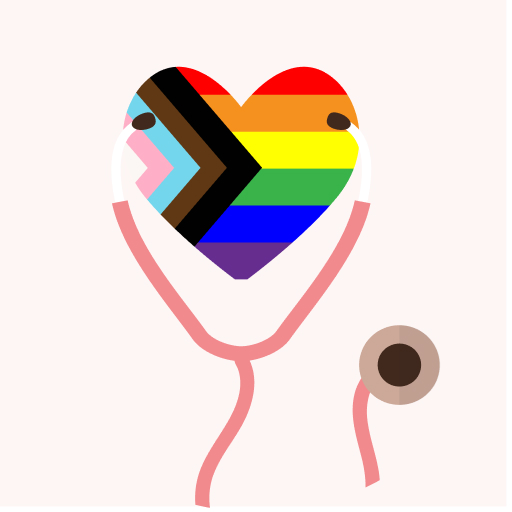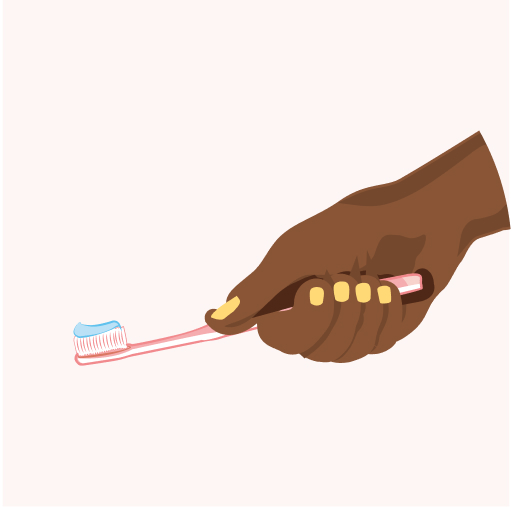
Know your Status: Getting Tested Regularly for HIV
Health in Her Hue has partnered with ViiV to de-stigmatize conversations around HIV prevention and highlight the importance of knowing your status. Learn more about your options for HIV testing and prevention – available here.
Most folks would agree that summer is one of the best times of the year. With temperatures rising and beautiful weather in season, we’re all preparing to have as much fun as possible. As you book vacations, schedule pedicures, and get your event calendar together, there’s one other to-do you should add to your running list – getting an HIV test. Each year, right around the start of the summer, we recognize National HIV Testing Day (June 27). It’s a great reminder to get screened for HIV. However, the importance of HIV testing doesn’t end with the awareness day.
Now you might be thinking, “I don’t need an HIV test – I practice safe sex.” But the truth is, out of approximately 1.2 million people in the United States who have HIV, roughly one in eight do not know that they have it. The CDC recommends that everyone between the ages of 13 and 64 get tested for HIV at least once. People should get tested at least once a year if they meet certain conditions (for example, having sex with someone whose sexual history you don’t know).
HIV continues to disproportionately impact Black women and women of color in the United States. There are a few reasons why this is the case, including systemic issues like poverty, racism, and barriers to accessing healthcare. The impact of the stigma associated with HIV is also a factor. It can discourage us from getting tested or disclosing our status to others, leading to the continued spread of the virus throughout our community. This is why regular HIV testing for those of us who are sexually active is critical for our own health, the health of our partners, and the overall health of our community.

When it comes to our own health, knowing our status empowers us to take action to be as healthy as possible. Whether your status is positive or negative, there are various prevention and care options available for patients, including:
- Home test kits via the CDC’s Together TakeMeHome program that can provide results within 20 minutes. Individuals who get a positive result can talk to their doctor to get connected to care. Individuals who have a negative status can discuss options for continued HIV prevention with their doctor.
- Prevention options include condoms as well as pre-exposure prophylaxis or PrEP. PrEP is a medicine in the form of a long-acting injectable or daily pill that significantly reduces the chance of getting HIV from sex.
It’s important to open the door to having clear and consistent communication with our partners about HIV testing, status, and prevention options. This is especially important when having sex with someone new. Once HIV status is known, we can talk about available options for treatment and prevention with our partners.
Understanding our own HIV status and the status of our partners has far-reaching advantages for our wider community as well. By promoting open discussions about HIV testing, we can help combat the stigma associated with the virus. Although it may appear insignificant, this simple step can foster greater acceptance and motivate more individuals to get tested. It can show others how regular testing is an act of self-care and emphasize the importance of prioritizing all facets of health within our community, including sexual health and overall well-being.
If you are overdue for an HIV test, consider using this summer and National HIV Testing Day as your motivation to get screened. You’ll be joining individuals across the nation who are also taking their health into their own hands. For more information, you can always turn to resources from Health in Her HUE and ViiV Healthcare’s Me In You, You In Me HIV prevention campaign. Empower yourself with knowledge of your status and kick off your hot girl summer right!
More Content
Reproductive & Sexual Health
The Impact of Uterine Fibroids on Black Women
Black women are disproportionately impacted by uterine...












